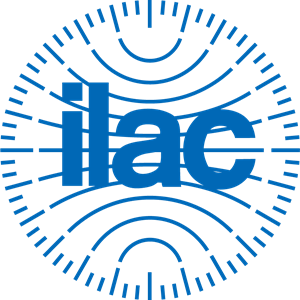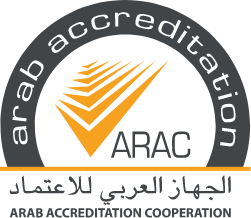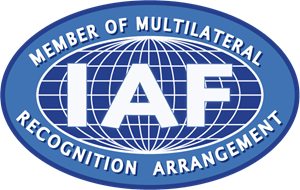
of Accreditation
Accreditation is: a certificate from a third party (accreditation center) that an entity that provides conformity assessment services in a specific field is officially qualified to carry out specific conformity assessment tasks after fulfilling all the requirements contained in international evidence to ensure the continuity of its efficiency.
Accreditation
- It gives confidence in reports, certificates and conformity statements.
- Supports the quality of results by ensuring that they are traceable, comparable, valid, and interchangeable.
- Reduces production defects and the possibility of product failure.
- Increases international acceptance of import and export and enhances trade exchange.
- It guarantees impartiality and non-conflict of interests. It enhances the levels of general confidence of consumers in the goods and services available in the market.
of Accreditation
Accreditation includes evaluating the efficiency and impartiality of the conformity assessment body and its compliance with nationally and internationally recognized standards or fields that provide testing, examination, calibration, inspection and certification. Accreditation contributes to promoting health, safety, environmental protection and economic development by ensuring the quality of services and products in accordance with the best international standards and references. Accreditation ensures the application of national and international standards in terms of:








